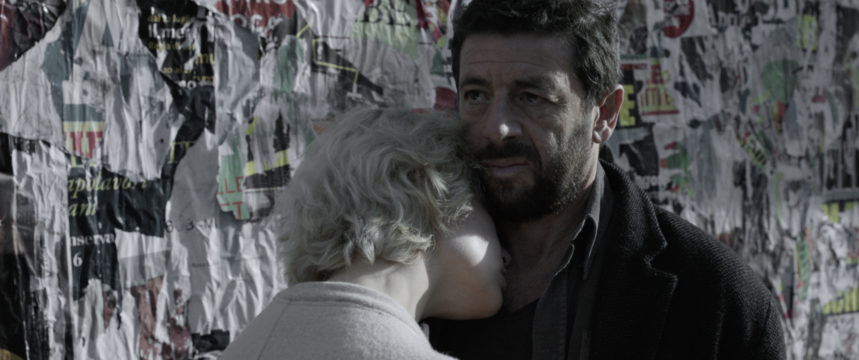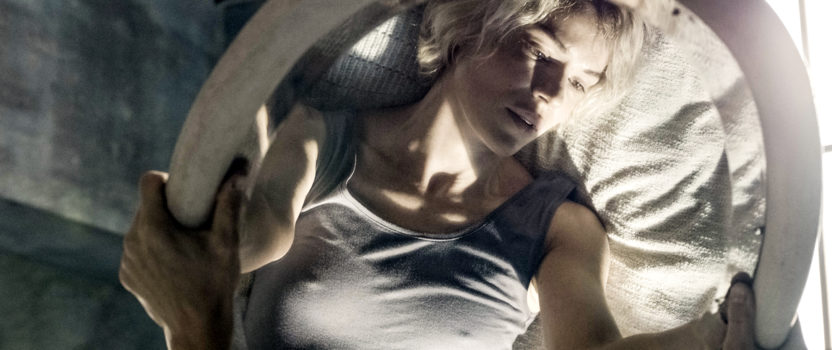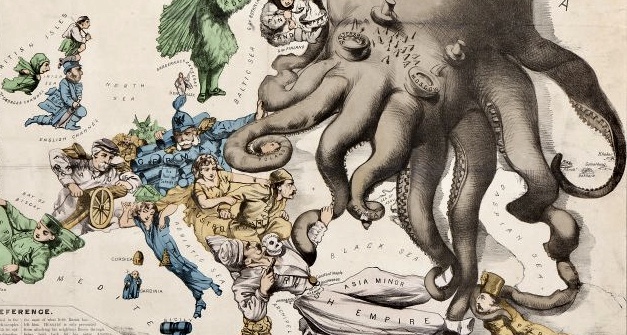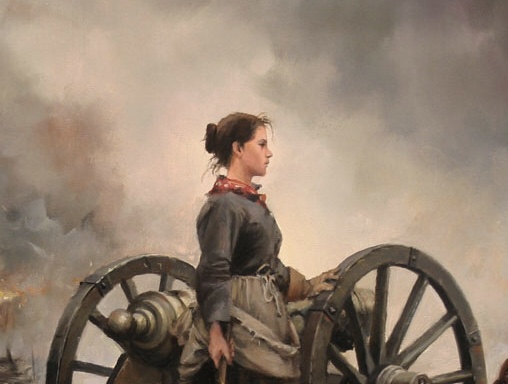Made in Italy | 2018
By Beverly Andrews
Italian cinema is celebrated for the reverence it often shows its female actors, but this year's Made in Italy film festival in London shows a very different Italy; an Italy with a troubling past seen in the rarely screened Ettora Scola's fascist classic A Special Day and an Italy with echoes of that past on display today in the recently released troubling look at illegal surrogacy Sebastiano Riso's Una Famiglia. Both films have women at their centre but both challenge the traditional view of women, by highlighting what happens when societies lose their moral compass.
Ettora Scola’s film | A Special Day
Scola's rarely seen classic, A Special Day, features a historic state visit made by Adolf Hitler to Rome on the 8th May 1938. The film charts how this meeting between two fascist leaders, before the war took its toll, is a cause for celebration for many living then in Rome. Scola's film focuses on a single family and specifically its overworked and underappreciated matriarch Antonietta, played by screen legend Sophia Loren. Antonietta fulfils the fascist vision of a woman by having a large family. She is the mother of six very spoiled children, children who never seem to see the sacrifices she is making for their welfare. Getting them dressed simply to attend the fascist parade is like a military operation for Antonietta, an activity which offers her little time to care for herself. Once her husband and six children have left she at least has time for a cup of coffee. Out of her window she spots her equally lonely neighbour Gabriele, a closeted gay man who is also an anti-fascist. An escaped bird gives the pair the opportunity to meet and as they talk they find they have more in common then they initially suspected. Both feel oppressed by the fascist regime, something which is a revelation to Antonietta and both are struggling to find their own individual voice. Seeing each other as kindred spirits they make love, a brief moment of intimacy for both in a world which offers them only emotional isolation.
Sebastiano Riso’s film | Una Famiglia
Sebastiano Riso's film Una Famiglia presents a contemporary portrait of Italy but one which has disturbing echoes from the past. This controversial film presents a couple who are part of Italy's illegal trade in babies, a trade which has flourished because of the country's unwavering ban on surrogacy. Since couples are not able to explore legitimate routes those desperate for children turn to illegal ones. Vincent, played by Patrick Bruel and Maria played by Micaela Ramazzotti, on the surface appear to be a loving couple its only on closer examination that you realize they are not what they appear to be, but are in fact a deeply disturbing partnership who sell their own babies. After several years this has now started to take both a serious physical and psychological toll on Maria.
The couple reach an impasse when Maria, after attending the funeral of one of the children she has given birth to, starts to question what they are doing, while Vincent on the other hand seeing Maria's growing reluctance to carry on becomes even more brutal and controlling while at the same time keeping a lookout for her possible replacement.
Things come to a head when Vincent attempts to sell a baby to a same sex couple, a baby with a very serious heart complaint. You see the brutal reality of what happens when a child is no longer viewed as having a market value.
Sebastiano Riso's deeply troubling film is based on a true case where the police intercepted hundreds of calls the couple made over years and as a result they are now serving lengthy jail sentences. Despite the fact that Riso's film is based on truth he has been physically assaulted as a result of the film's subject matter, however he remains unrepentant. He states “cinema does not exist to just entertain but it’s there to also make you think… I cater to the emotional needs of the audience rather than simply offer them another blockbuster.”
Riso also points out that the Maria presented in the film is radically different from what she is like in real life. “In reality there were ten babies sold and in the film we show Maria having mounting qualms about what they are doing where in fact given what's on the transcripts she had none.” When I asked what happened to the final baby who is shown to have a heart defect he simply says, “In a world where value is ascribed only by the monetary value something or someone has, when there is no longer a monetary value then that person is seen as being worthless. So the baby in the film which is rescued by the mother was in fact buried by the couple and never found again.”
Riso though is also critical of the government who in fact have done much to create a climate in which this industry thrives by first banning surrogacy and then making it so difficult in Italy to adopt (and virtually impossible for same sex couples) in that this punitive attitude has helped to create a climate in which such a trade now thrives.
Taken together both films seem to suggest that when societies move backward and become less tolerant and more religiously restrictive it’s often women who pay the highest price.
FΩRMIdea London, 24th April 2018.
Made in Italy 2018




